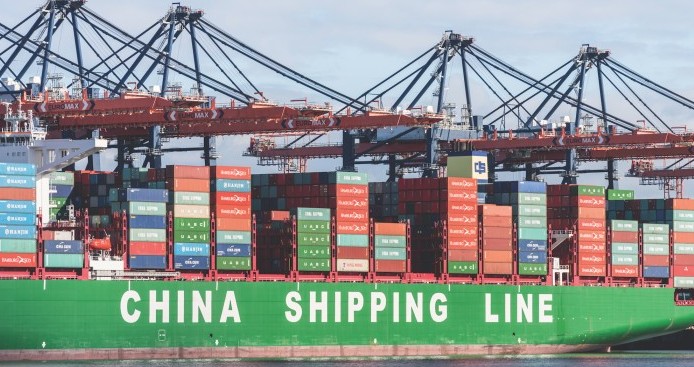China has banned pork imports from Germany, following confirmation of a case of African swine fever in wild boar close to the Polish border on Thursday.
As expected, China moved quickly to ban pork shipments from one of the largest pork exporters in the world, following confirmation of the virus. South Korea has also imposed a ban, with more non-EU countries likely to follow.
China’s ban was announced by its customs agency and agriculture ministry on Saturday. This was confirmed by a spokeswoman for the German Food and Agriculture Ministry, who added that the ministry remained in talks with the Chinese government on the matter, according to a report by Reuters.
“Most veterinary certificates agreed for the export of pork from Germany include the statement that Germany is free from African swine fever,” a German ministry spokesman said. “This statement since yesterday can no longer be made on the certificates.”
German pork exports to EU countries are unaffected because of a regionalisation clause, where import restrictions target the local region where the ASF case is discovered.
But the Chinese ban is likely to have huge implications for pork producers in Germany and possibly beyond across the EU. In the first four months of 2020, it shipped nearly 200,000 tonnes of pork to China alone, making it the third biggest source of pork for China behind the US and Spain, figures from Rabobank show.
It has supplied about 14% of China’s pork imports so far this year, with German exports to China worth around 1 billion euros ($1.2 billion) annually, according to Reuters.
While the ban will boost China export potential for other major pig producing nations, it will also result in pork that would have gone to China being re-directed onto the EU market.
AHDB analyst Bethan Wilkins said the implications of an export ban might not be as serious as previously feared due to the volume of the pork the EU has been sending to China over the past 18 months.
The volume that would become available for consumption as a result of export bans within the EU would not be large by historic standards, Ms Wilkins said.
If countries that tend to ban suppliers with ASF, including China, impose bans on pork exports from Germany, this could result in 780,000 tonnes earmarked for export this year remaining in the EU instead.
This would push total EU exports below 2019 levels, but they would still higher than in 2018. Supplies on the EU market would be a little higher than 2019 levels (+1%), but still below supplies available in 2015-2018.
German farming representatives had urged China to avoid a nationwide ban on imports of their pork, and the agriculture ministry said it had asked Beijing to apply a regional approach to the swine fever case.
Representatives from the US and Spanish pork sectors have said they expect to benefit from the ban.
“Spain’s white pig sector is fully prepared to continue its growth trend in sales of safe and quality pork products to the Chinese market,” Daniel de Miguel, international director of trade body Interporc, said on Friday, ahead of the ban, Reuters reported.
The US is also ‘well positioned to ship more pork to China, said Joe Schuele, spokesman for the US Meat Export Federation, said. US live hog futures climbed on Thursday and Friday on anticipation of the ban.




